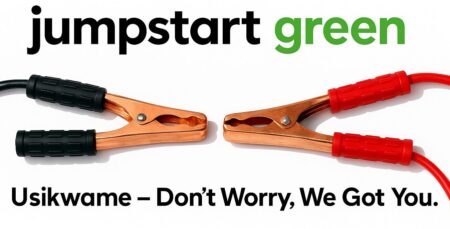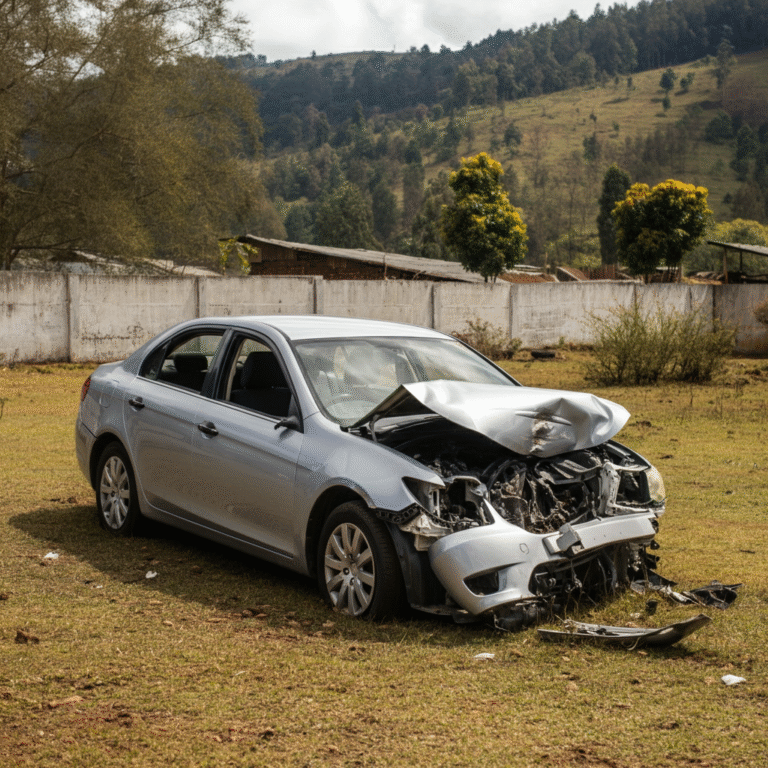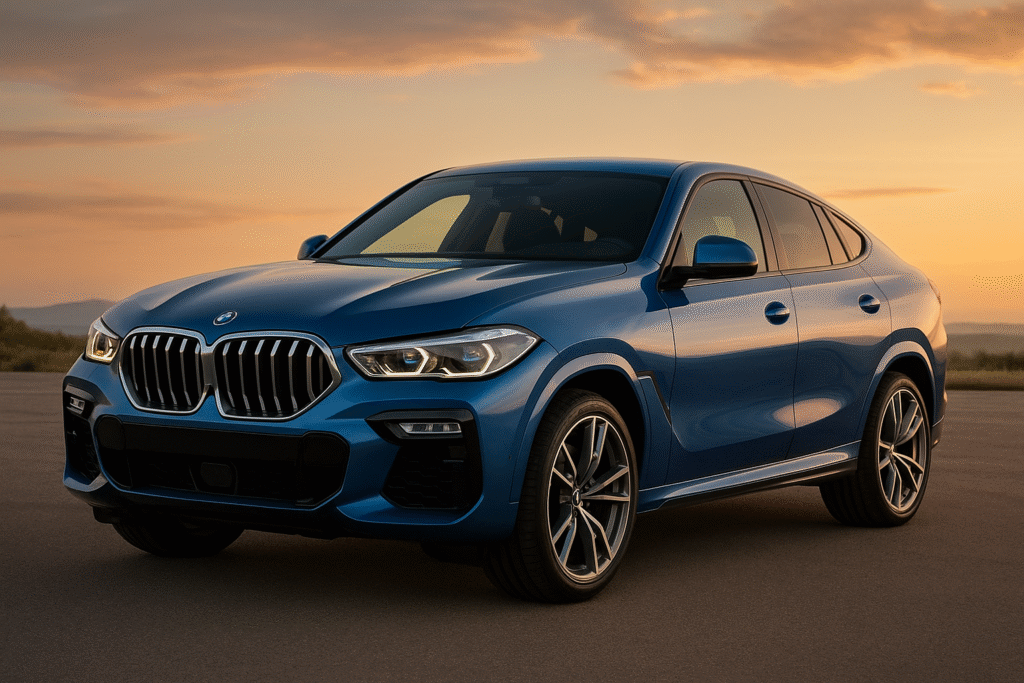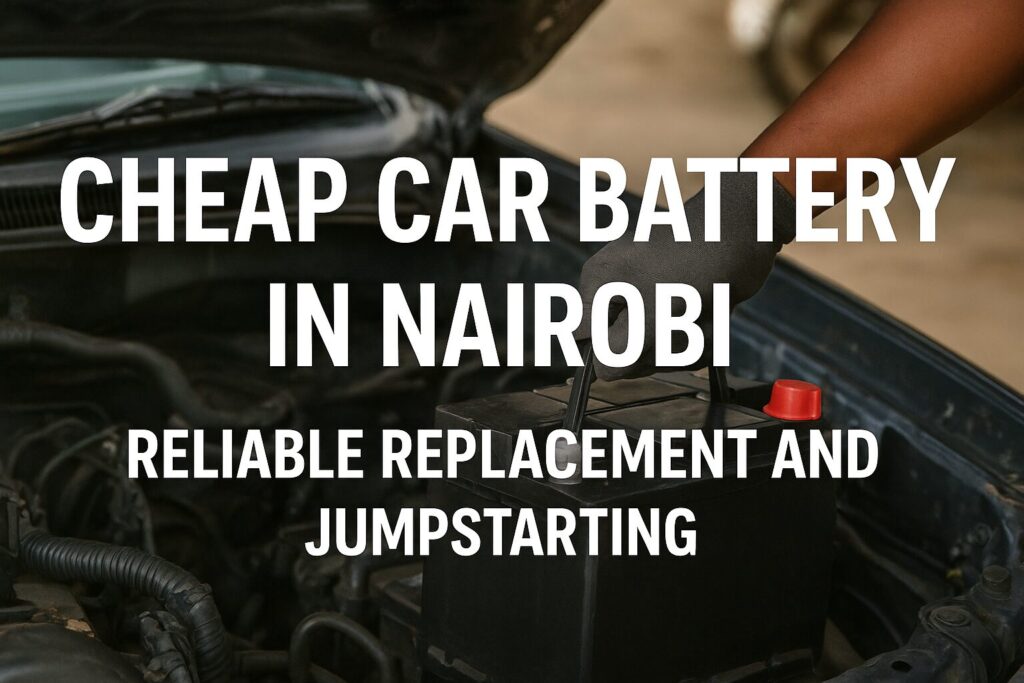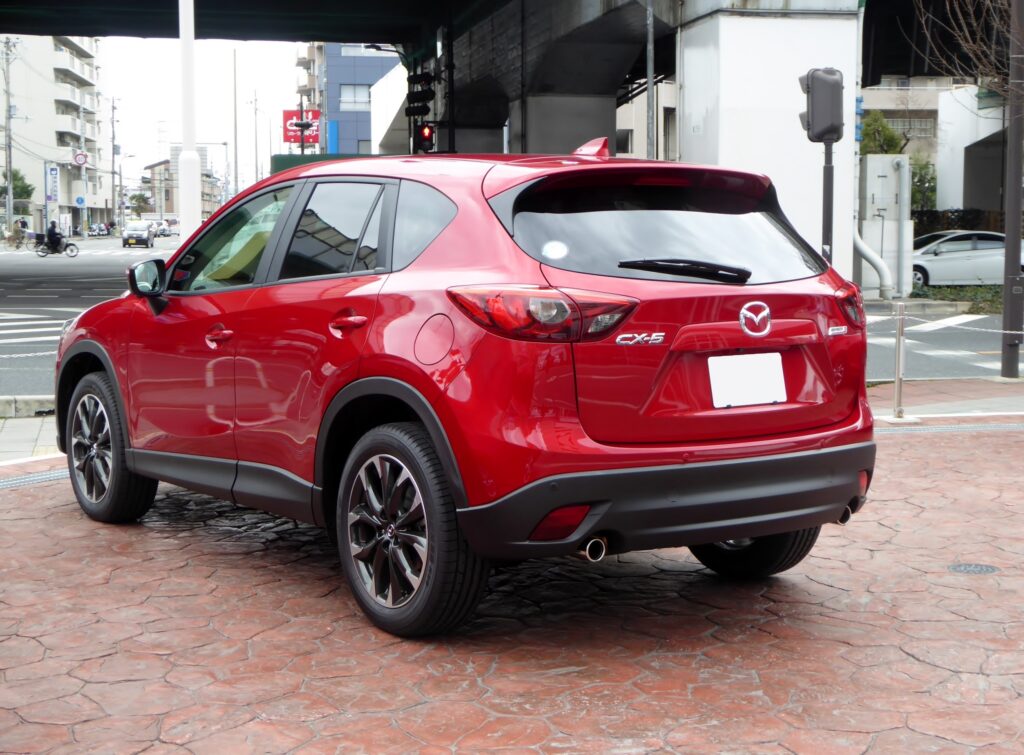Pros and Cons Explained
Thinking about purchasing a salvage car in Kenya? It’s a tempting option for many drivers who want to save money or find a rare gem. But is it the right choice for you? Salvage cars can be a practical solution—or a risky investment—so it’s important to weigh the benefits and challenges before committing.
This guide will walk you through what a salvage car is, explore the pros and cons of buying one, provide tips for safely navigating the purchase process, and share real-life experiences of Kenyan drivers. By the end, you’ll know whether taking the plunge on a salvage car is worth it.
What Is a Salvage Car?
A salvage car is a vehicle that has been declared a total loss by insurance companies. This typically happens when the cost of repairs after an accident, flood, or other damage exceeds a significant portion of the car’s market value. These cars are then auctioned or sold as salvage vehicles, often at a fraction of their original price.
In Kenya, salvage cars are often imported or sourced locally after road accidents. Buyers are drawn to them for their potential affordability, but it’s crucial to assess each vehicle carefully—what you see on the surface isn’t always the full picture.
The Pros of Buying a Salvage Car in Kenya
Despite their reputation, salvage cars come with several enticing benefits that appeal to savvy buyers. Here’s why you might consider one:
1. Significant Cost Savings
The primary lure of salvage cars is the potential to save big. A salvage car typically costs far less than a similarly aged, non-salvaged vehicle. If you’re on a budget but still want to drive a decent car, this can be a fantastic option. The savings can even allow you to access higher-end models that would otherwise be out of your price range.
2. Potential for Customization
Are you a car enthusiast with a passion for customization? Salvage cars offer a blank slate for creativity. Since you’re likely to spend less on the initial purchase, you can invest in repairs and modifications to transform the car into a one-of-a-kind ride that suits your preferences.
3. Access to Rare Models
Looking for a rare or discontinued car model? Salvage car listings often include vehicles that are no longer in production, offering an opportunity to own a unique or classic car. For collectors or enthusiasts, this can be an exciting prospect.
The Cons of Buying a Salvage Car in Kenya
While salvage cars have their advantages, they also come with risks. It’s important to approach the decision with caution and consider the following downsides:
1. Higher Risk of Expensive Repairs
You might be saving money upfront, but salvage cars often require significant repairs to get them roadworthy. Without a proper inspection, you could end up dealing with frequent mechanical issues or even hidden structural damage.
2. Insurance Challenges
Insuring a salvage car in Kenya can be tricky. Many insurance companies are hesitant to offer comprehensive coverage for vehicles with a salvage title, and the premium rates can be higher. If you’re unable to secure adequate insurance, that could affect your long-term ownership costs.
3. Potential Safety Concerns
A salvage car’s history of damage may make it less safe to drive compared to non-salvaged vehicles. A poorly repaired car could have weakened structural integrity, creating additional safety risks on the road. Thorough inspection is essential to avoid these concerns.
Tips for Safely Purchasing a Salvage Car in Kenya
If you’re considering a salvage car, here’s how to minimize risks and ensure you make a smart investment:
1. Thorough Inspection Is Key
Never buy a salvage car without having it inspected by a qualified mechanic. Look for structural damage, hidden rust, or mechanical issues that may not be immediately visible. The cost of an inspection is worth it to avoid future headaches.
2. Check the Vehicle’s History
Ask for a vehicle history report to understand the extent of the damage and repairs. This report should detail prior accidents, flood damage, or major mechanical failures. Having a clear picture of the car’s past will help you decide if it’s worth the investment.
3. Understand Legal Requirements
Familiarize yourself with Kenya’s regulations on registering salvage cars. Ensure all necessary documentation is in place, including proof of ownership, importation records (if applicable), and any inspection certificates. Meeting these requirements is crucial when registering the car for road use.
4. Choose a Reputable Seller
Opt for reputable salvage car dealers who disclose accurate information about the cars they sell. Avoid shady or unregistered sellers as they could hide critical information about the car’s condition. Always prioritize trustworthiness.
5. Set a Realistic Budget
Factor in the cost of repairs, inspection, insurance, and registration when budgeting for your salvage car purchase. Be prepared to spend beyond the initial purchase price to make the car reliable and safe to drive.
Real-Life Experiences from Kenyan Drivers
Hearing from others who have taken the plunge can provide valuable insights. Here are two stories from Kenyan drivers who purchased salvage cars:
Success Story
Grace, a Nairobi-based graphic designer, bought her dream car—a salvage Subaru Forester—at half its market price. After thorough inspection and repairs costing KSh 200,000, she ended up with a reliable car that has served her well for three years. “I wanted a quality SUV but couldn’t afford a new one. Buying salvage was the best decision for me!”
Cautionary Tale
Paul, a mechanic in Mombasa, purchased a salvage Toyota Ipsum without a detailed inspection. He soon discovered severe transmission issues that cost more to fix than he had budgeted. “It’s not a bad car now, but I learned to always check under the hood—and then some!”
Should You Buy a Salvage Car in Kenya?
Buying a salvage car can be a smart way to save money and explore unique vehicle options, but it’s important to proceed with caution. If you’re willing to do your homework—through inspections, vehicle history reports, and keeping safety as your priority—you could end up with a reliable car at a fraction of the cost. On the other hand, if you’re not prepared for potential repairs or insurance hurdles, it might be better to explore other options.
Ultimately, the decision comes down to your budget, mechanical knowledge, and whether you’re ready for the risks and responsibilities that come with owning a salvage car.
